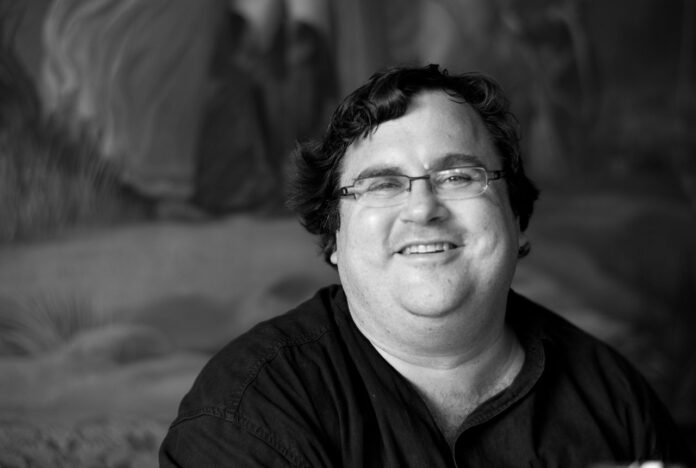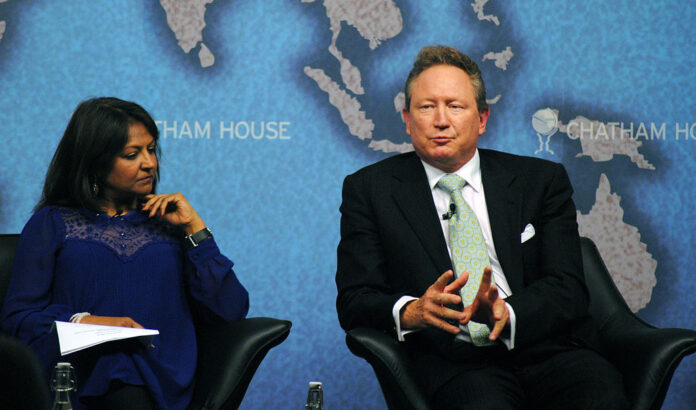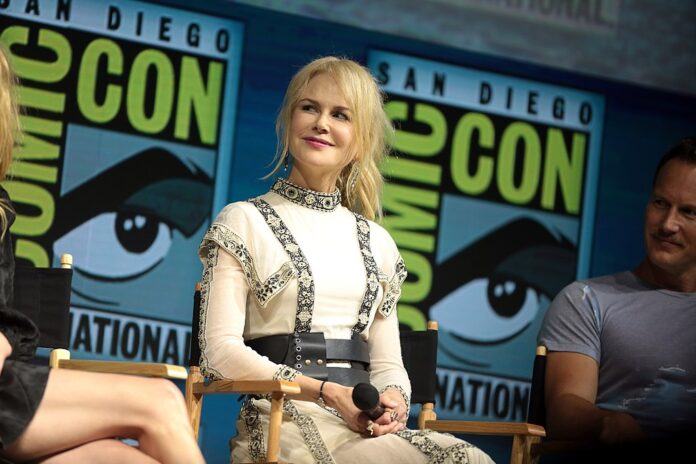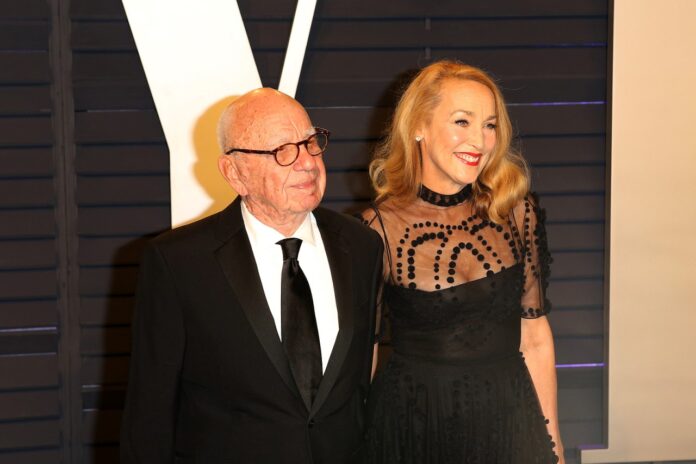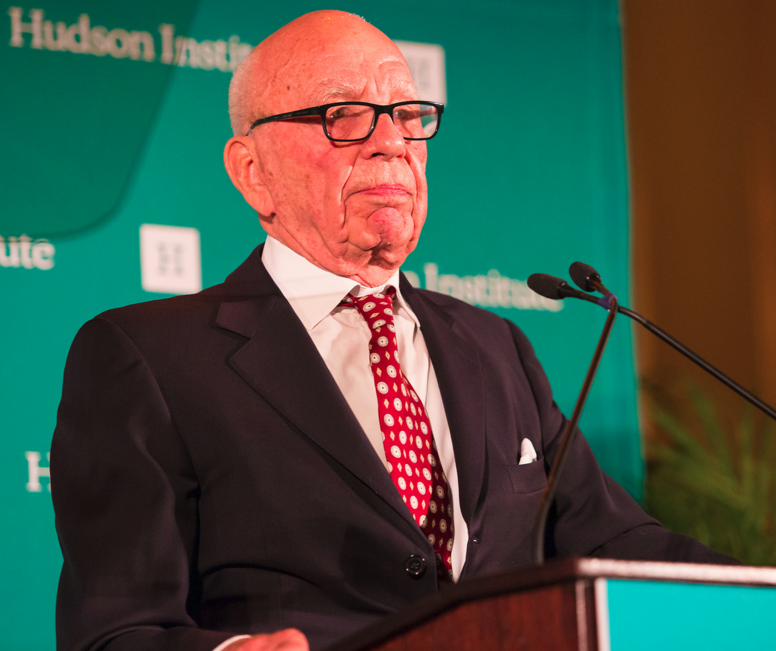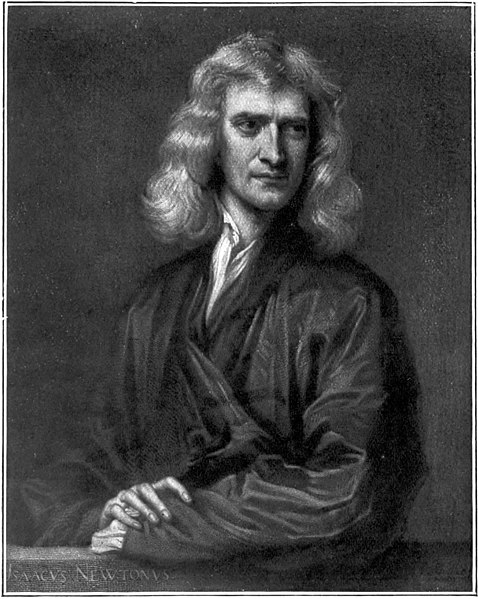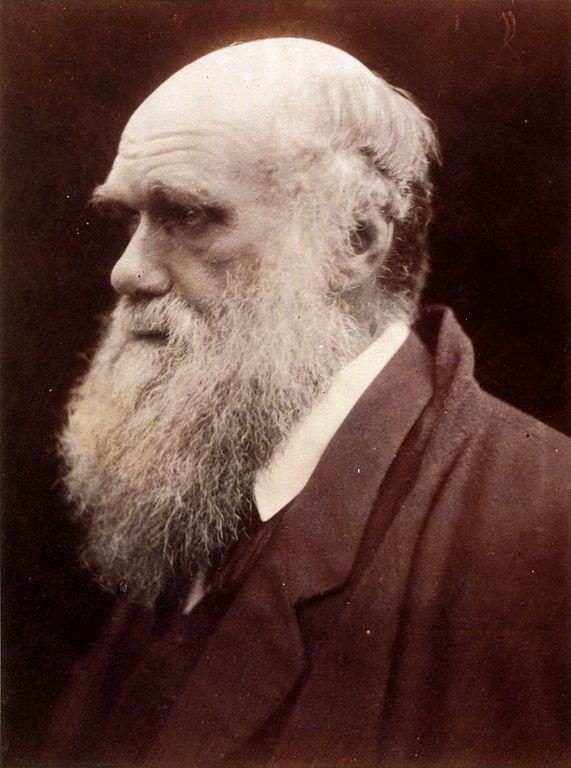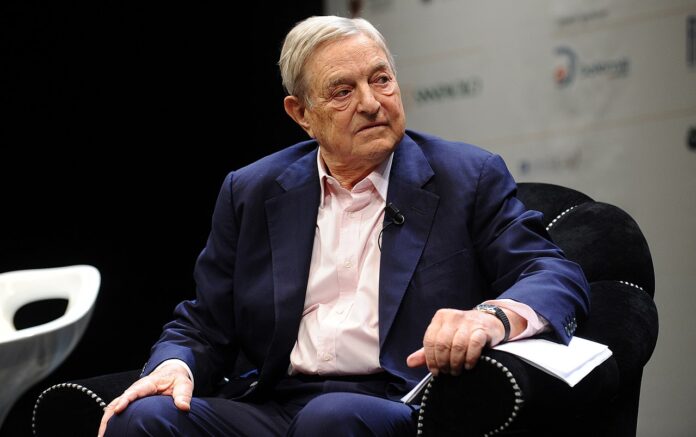Visiting the Warriewood cinema is a household memory for most people, their family taking them up there to watch a new movie that has just been released and have a good time. Visiting the Warriewood cinema is something that most people will continue to do their whole lives, from childhood to adulthood, only the movies they watch may change. The Warriewood cinema has many factors that makes it a fun night out, and for this reason it is always popular and in demand, and always will be. With new movies coming out, they are almost always released in the movies first. In doing so, it allows people to watch them as they come out and before they are released on streaming platforms or DVD. The majority of people out there can tell you about their memories to do with the Warriewood cinema, and it is always either a family or friend filled occasion that involves fun and an enjoyable experience watching a new movie with snacks and drinks.
These are some of the reasons why visiting the Warriewood cinema is the best and why you should go.
It is a family or friends event
Going to the Warriewood cinema is almost always a family or friends event.
With families, many will take their children to the movies to enjoy family time together. The kids can enjoy popcorn, lollies and sweet drinks while they watch the newest kids movies, such as those from Disney and Pixar. It is a good family event, as they can spend time together in a cozy environment whilst enjoying a good movie. Family time is always important, especially when the kids are younger, and as a result the Warriewood cinema is always a good idea.
With friends, you can get together with your favourite group of friends and enjoy a good movie together as a social event. The same social environment applies, from family to friends, and it is all about enjoying a movie in the Warriewood cinema with people you love. Furthermore, it is also a good romantic getaway for potential first dates, as you will be in an intimate environment with someone who you see as a potential romantic partner. Enjoying a movie together is definitely a bonding moment, and discussing the movie after is a good way to get to know your date at the Warriewood cinema.
There is no better presentation
The big screen at the Warriewood cinema is absolutely huge compared to any other screen you could find outside of it. This makes the presentation of the movie unparalleled, and with the graphics and effects in many movies nowadays, it is absolutely vital to experience it on a large screen. Moreover, the audio effects that come with huge surround sound speakers are something else. If you have ever been to the Warriewood cinema, you will know what we are talking about. Watching an action sequence in a movie at the Warriewood cinema means that the effects and visuals are in your face and incredible, and in combination with the surround soundscape, you really feel like you are there.
You are focused
When watching a movie at home, you are surrounded by distractions.
That could be your roommates, pets, homework and other objects around you.
These distractions can take away from a movie and its immersion, which can make the whole experience a whole lot more underwhelming. By being in the Warriewood cinema, you are in a dark environment surrounded by other people who are quiet, and you have a huge screen in front of you and surround sound speakers to immerse you. Movie immersion is everything, and significantly contributes to the enjoyment of a movie. By being in the Warriewood cinema, you have no distractions around you to take your focus away from the movie, and as a result you will be completely immersed into what is happening.
The trailers before the movie
The trailers before a movie are definitely part of the experience for some people. The trailers tell you that there are more great movies coming to Warriewood cinema, and what else you have to experience in the future.
They are also enjoyable, depending on your taste in movies, and can let you know what to look out for in the coming future. They usually last for about 15 minutes, and will display movie trailers that are similar to the genre of movie you are watching after them. This can help you to see what is coming out soon in the Warriewood cinema, and is a good way to experience some different movies before you see your primary one. When watching a movie at home, you will likely skip over the ads to get to the main movie, however in the Warriewood cinema; you get to experience these trailers on the big screen with incredible sound quality. These aspects make all the difference in the world, and are definitely a good experience in a cinema.
Isolating yourself in the movie environment
In the digital age, so many of us stream media at all times of the day.
From TV shows, to music, to podcasts. This could be when we are working, working out, going somewhere or cleaning the dishes. Watching a movie at home might be nice, but we are so used to that environment having media everywhere that it is not the same as going to the Warriewood cinema.
By going to a specific environment made to watch a movie, such as the Warriewood cinema, you are isolating yourself from the world in order to immerse yourself completely in the movie environment. This is a nice disconnect from the hustle and bustle of the world, and can often mean taking a big break from everything for a few hours and enjoying yourself with not a care in the world. It can help to reset your emotions and expectations, especially if you are in a bit of emotional turmoil. Getting away from the world in the Warriewood cinema is something that everyone needs to do at some point, and can help to keep you grounded and cool. It is something that is a little more special than finding a movie and pressing play on your computer or TV, with your distractions surrounding you in your home. Turning off your phone for a few hours can also help to cease any distractions, and gets you away from the world of social media.
In summary, the Warriewood cinema can encapsulate a lot of positive experiences, and it is something that should be visited a few times a year to enjoy these said experiences. The Warriewood cinema brings many to its doors every single night, and it brings with it memories that will last the ages.
For those of you yet to visit the Warriewood cinema, it is definitely something you should do. Bring your friends for a group movie experience, or maybe your family for some family time. You can even bring a date for a date night, and get to know them better after, while you are discussing the movie.
Regardless of who you are bringing there, you can always have a good time there.
